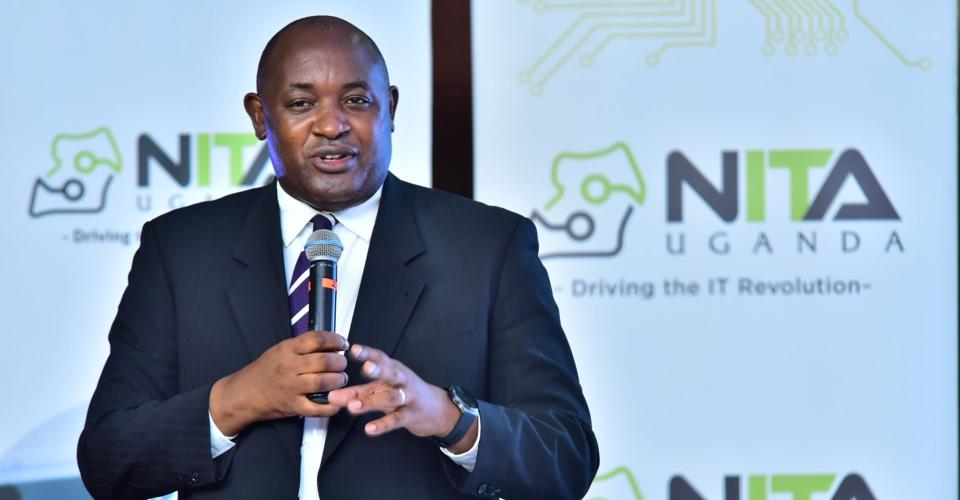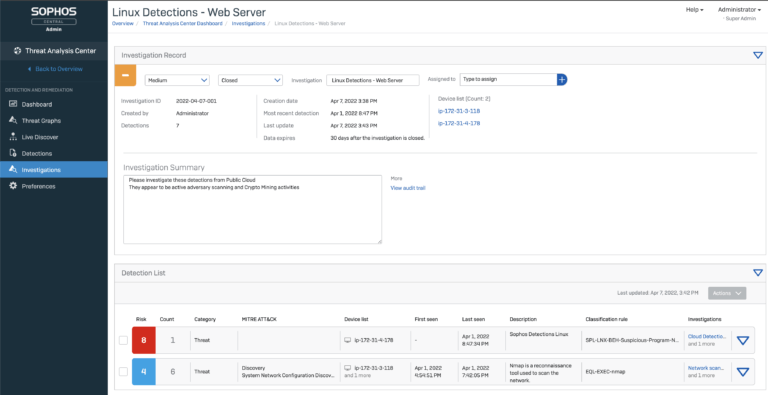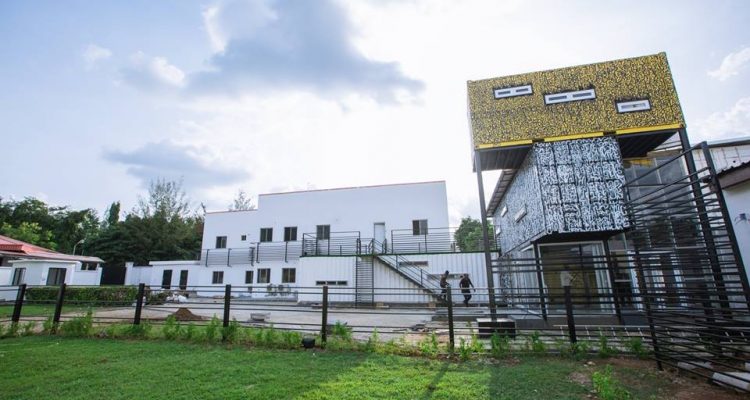Ugandan Government Slashes Internet Costs by 50%

In an effort to encourage the use of digital services and boost the digital inclusion of vulnerable populations, the Ugandan government has offered a 50% price cut on internet access.
Dr. Chris Baroymunsi, Minister for ICT and National Guidance, said that the government will reduce the price of data it delivers through the national backbone fiber from $70 per Mbps to $35 per Mbps per month commencing today, August 1, 2023.
“I am happy to inform that the cost of internet has decreased from $70 to $35 per Mbps per month as of today, August 1, 2023. Dr. Baryomunsi remarked at the Uganda Media Centre on Tuesday, “I would like to mention that this price decrease means that Government Offices connected to the National Data Transmission Backbone Infrastructure would consume internet at the lowest price in the market.
“This significant accomplishment confirms the government’s unchallenged dominance in determining Internet costs. By taking this risky step, NITA-U will significantly reduce the government’s communication budget, encourage the use of e-government services, and advance digitization.
In the past, the government has consistently been urged to lower the cost of doing business in the nation.
According to the minister, the decrease will have an effect on how much it costs the government to operate, and the delivery of e-services will now be enhanced.
The government offices connected to the NBI will now be able to use the internet at the lowest available price, I should point you. The government’s position as the unquestioned market leader in determining Internet rates is cemented by this significant accomplishment. With this audacious action, NITA-U will catalyze the adoption of e-government Services, reduce the government’s communication expenditure significantly, and deepen digitization.
According to Minister Baryomunsi, the government anticipates that private internet service providers will follow suit after the reduction by 50%.
With more affordable and accessible internet connections, “all Ugandans will ultimately benefit from its unparalleled opportunities for innovation growth and development.”
Dr. Hatwib Mugasa, the executive director of the National Information Technology Authority of Uganda (NITA-U), stated that the decrease in internet costs will result in significant savings for the government’s communication budget, spur the adoption of e-government services, and deepen digitization while opening the door for improved citizen access to online services.
“At NITA-U, we’ve been putting in a lot of effort to steadily reduce the price of internet bandwidth in Uganda, especially for government institutions as they offer onward services to common residents and the private sector. We are pleased that we have upheld our long-term intentions to reduce bandwidth costs, said Dr. Mugasa.
Accordingly, he pointed out, using the National Backbone Infrastructure as a safe, fast network for government has reduced communication costs among agencies and furthermore made it possible to expand the geographic reach of broadband networks across the nation.
Through the use of e-government software, he claimed that this had ultimately increased the efficiency and openness of government.
The National Backbone currently reaches all areas of the nation, covering 4,300 km, providing connectivity to about 1466 government buildings, 53 districts, and nine border crossing locations, according to the NITA-U Executive Director.







